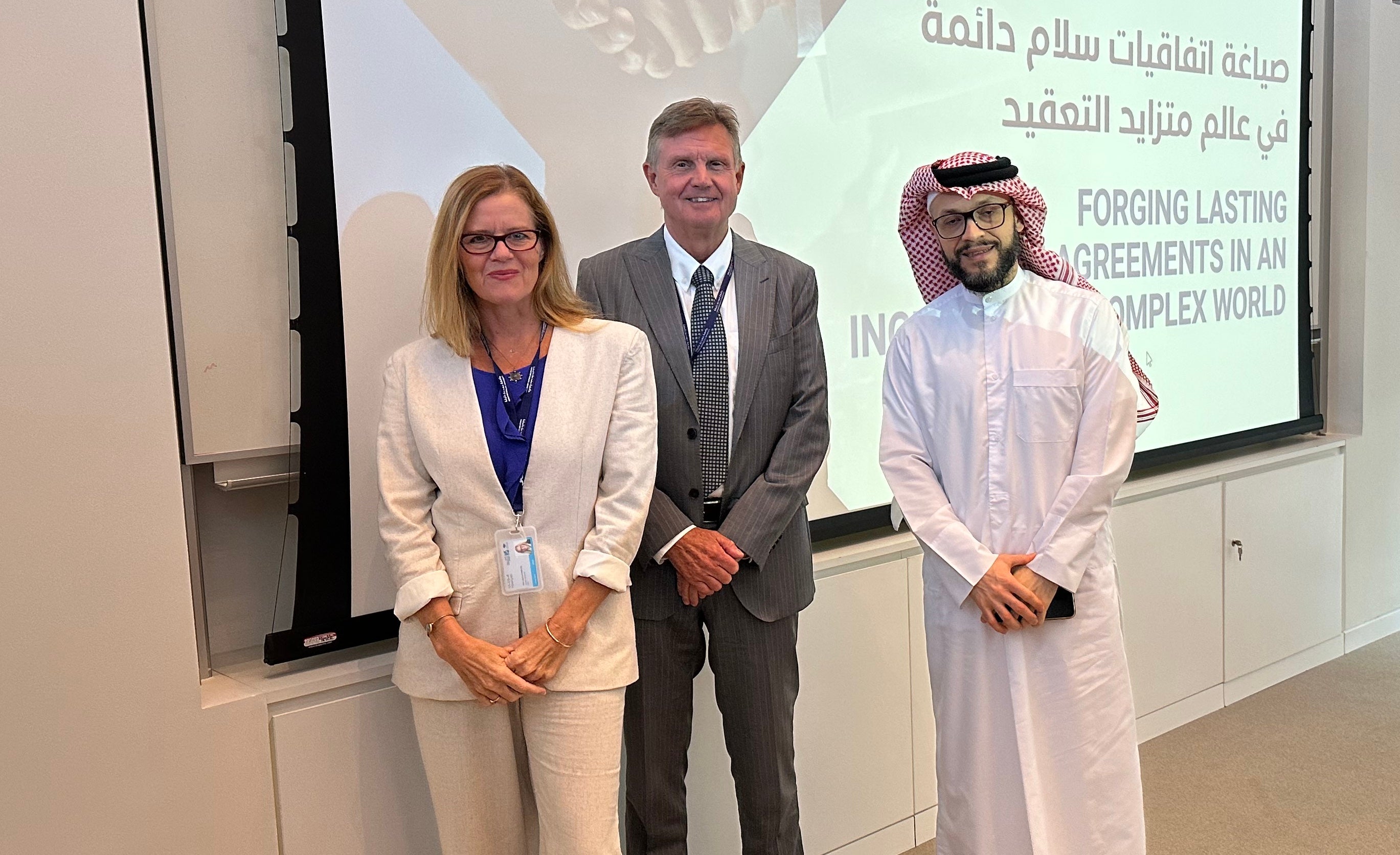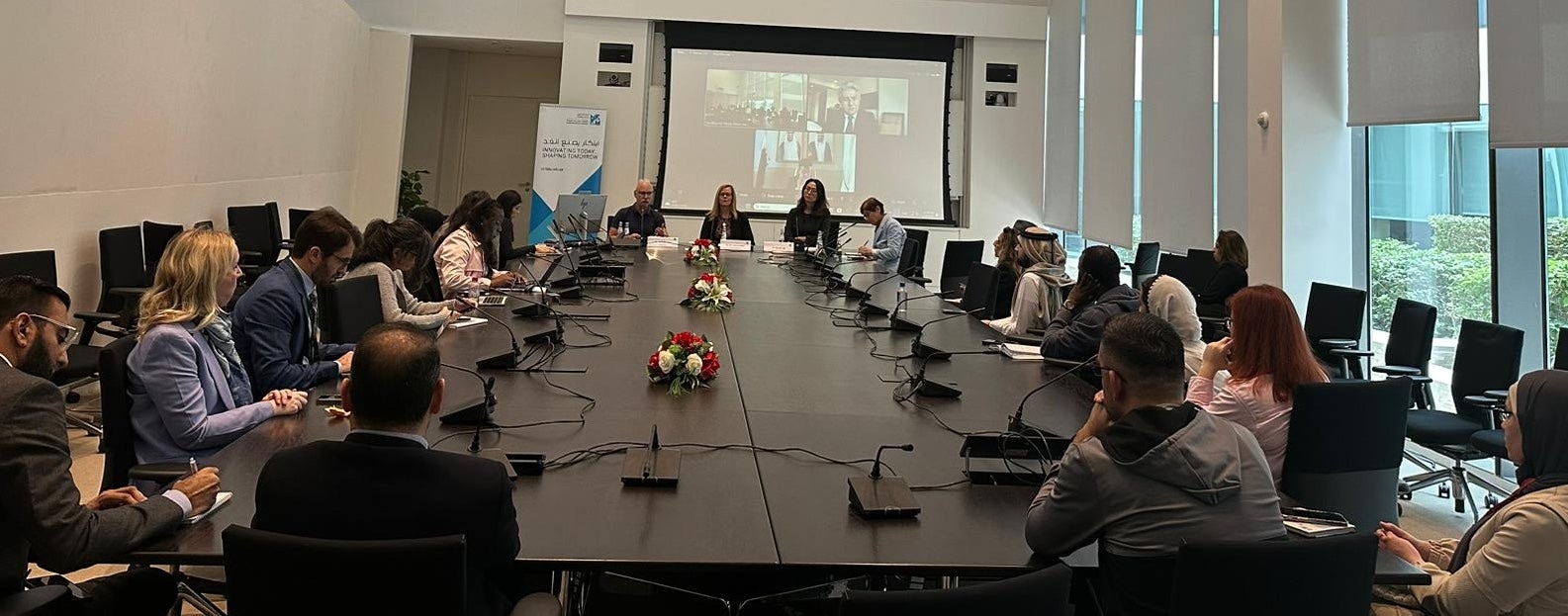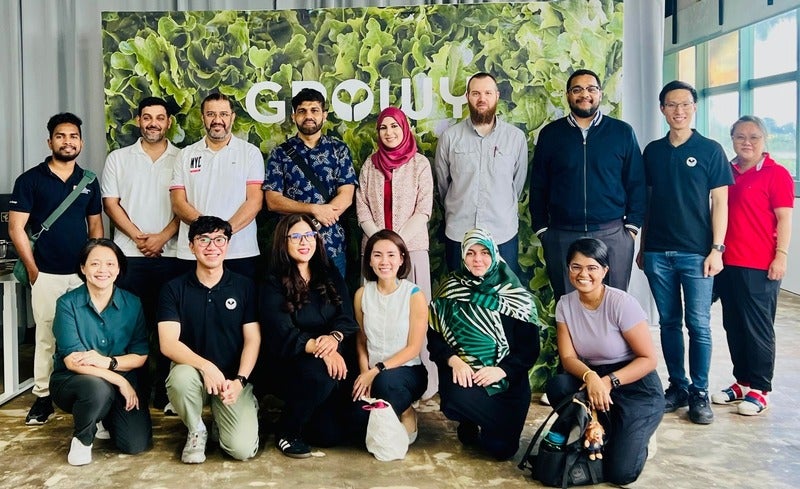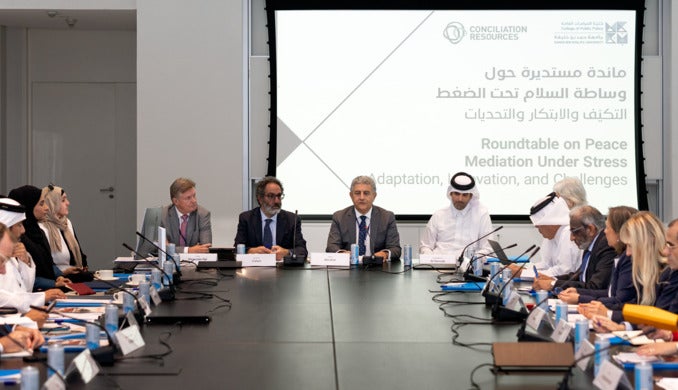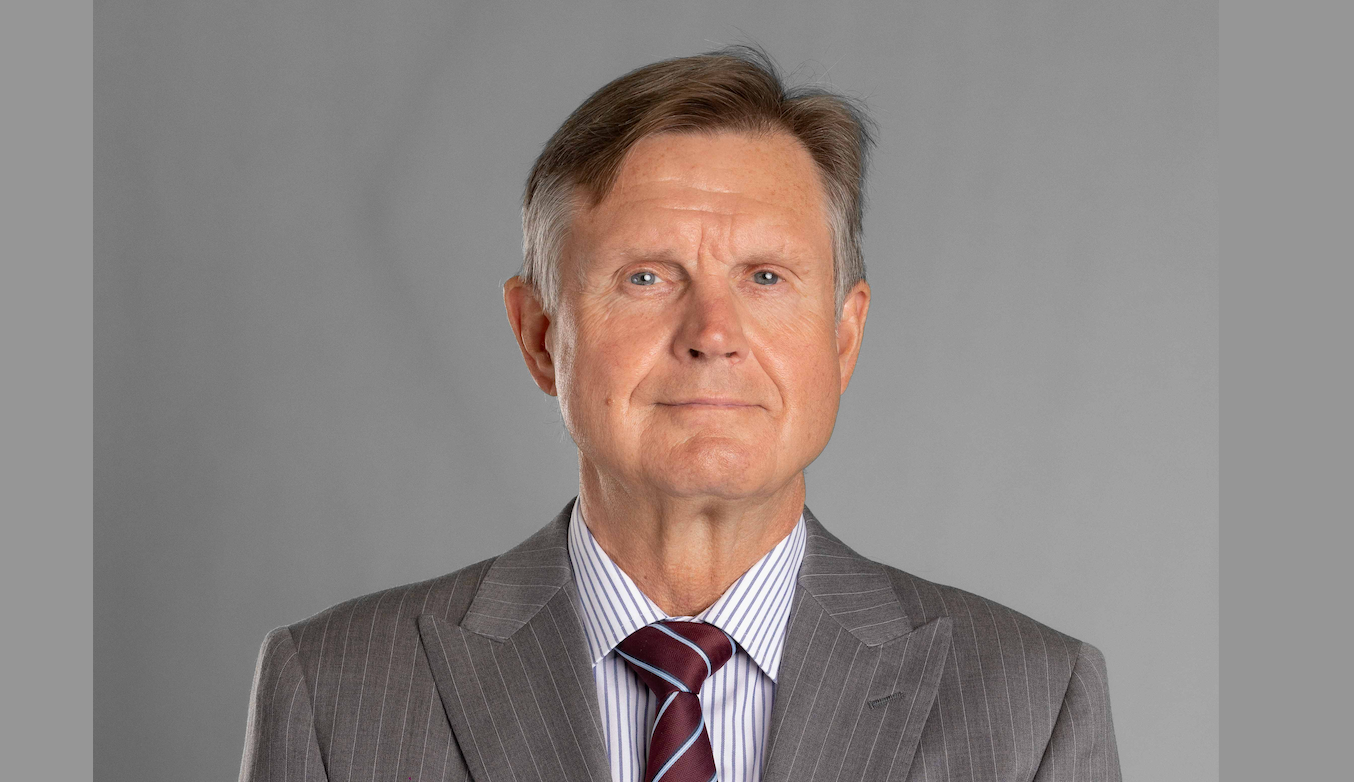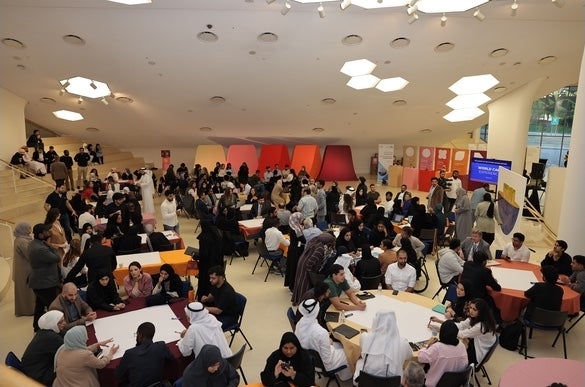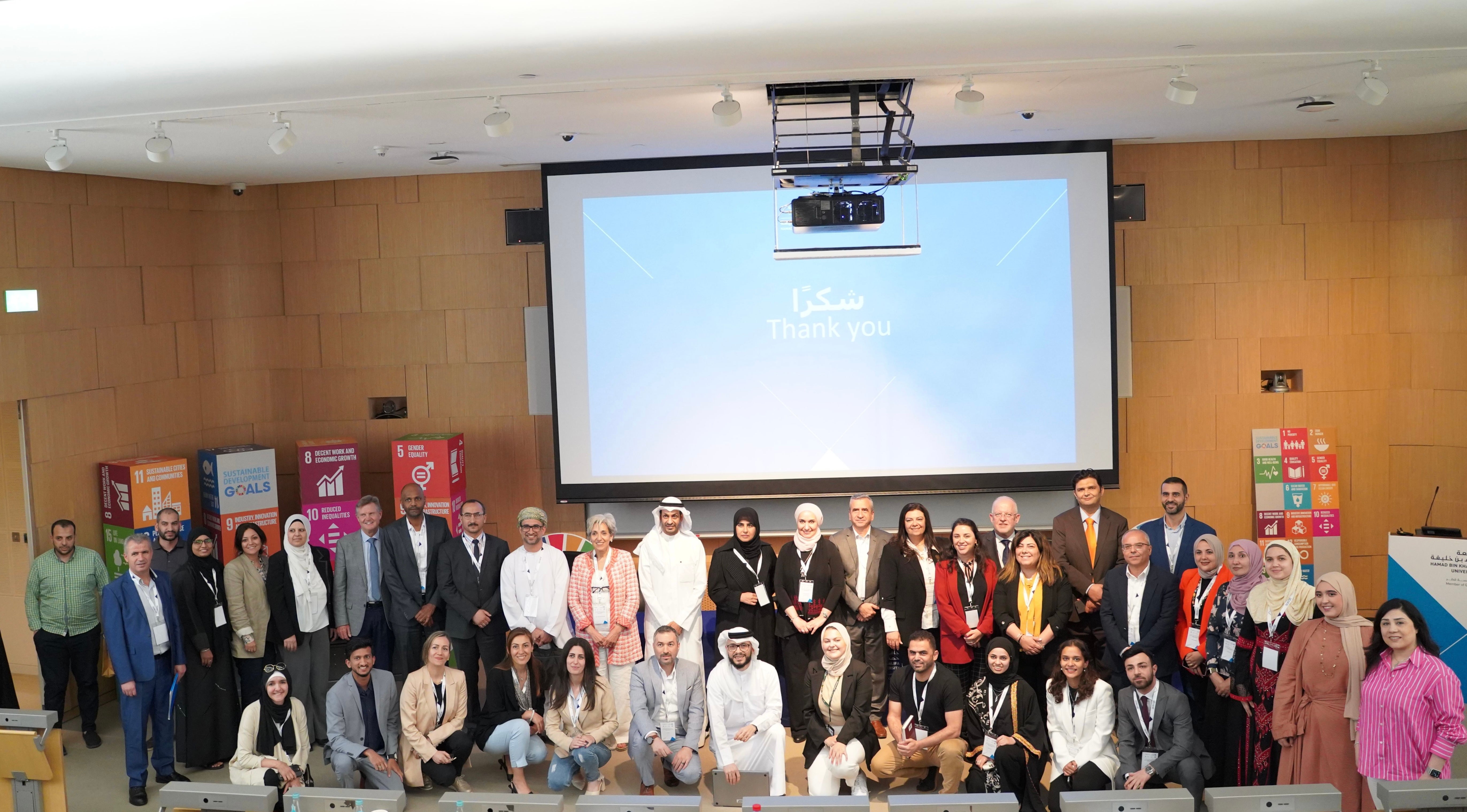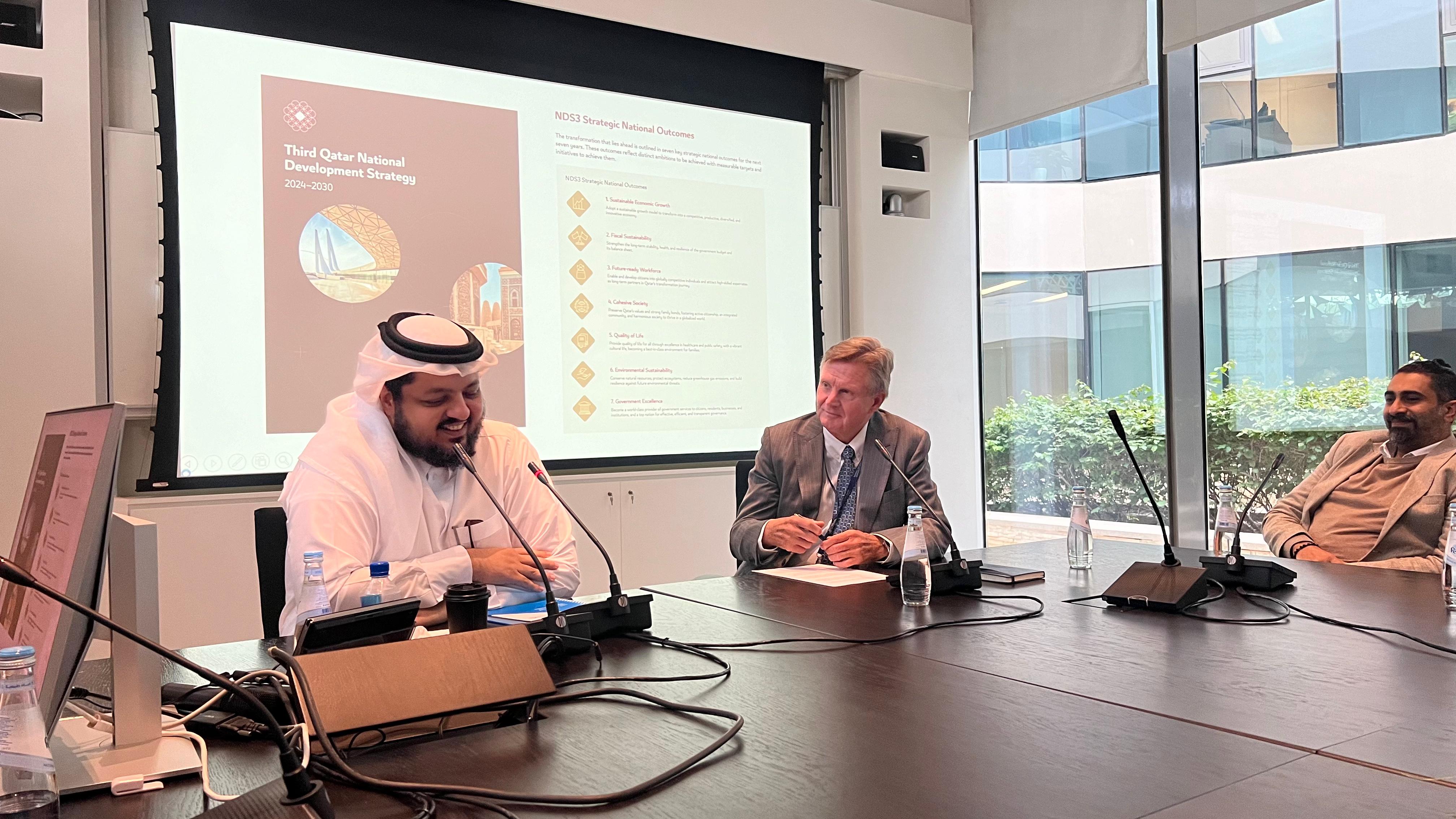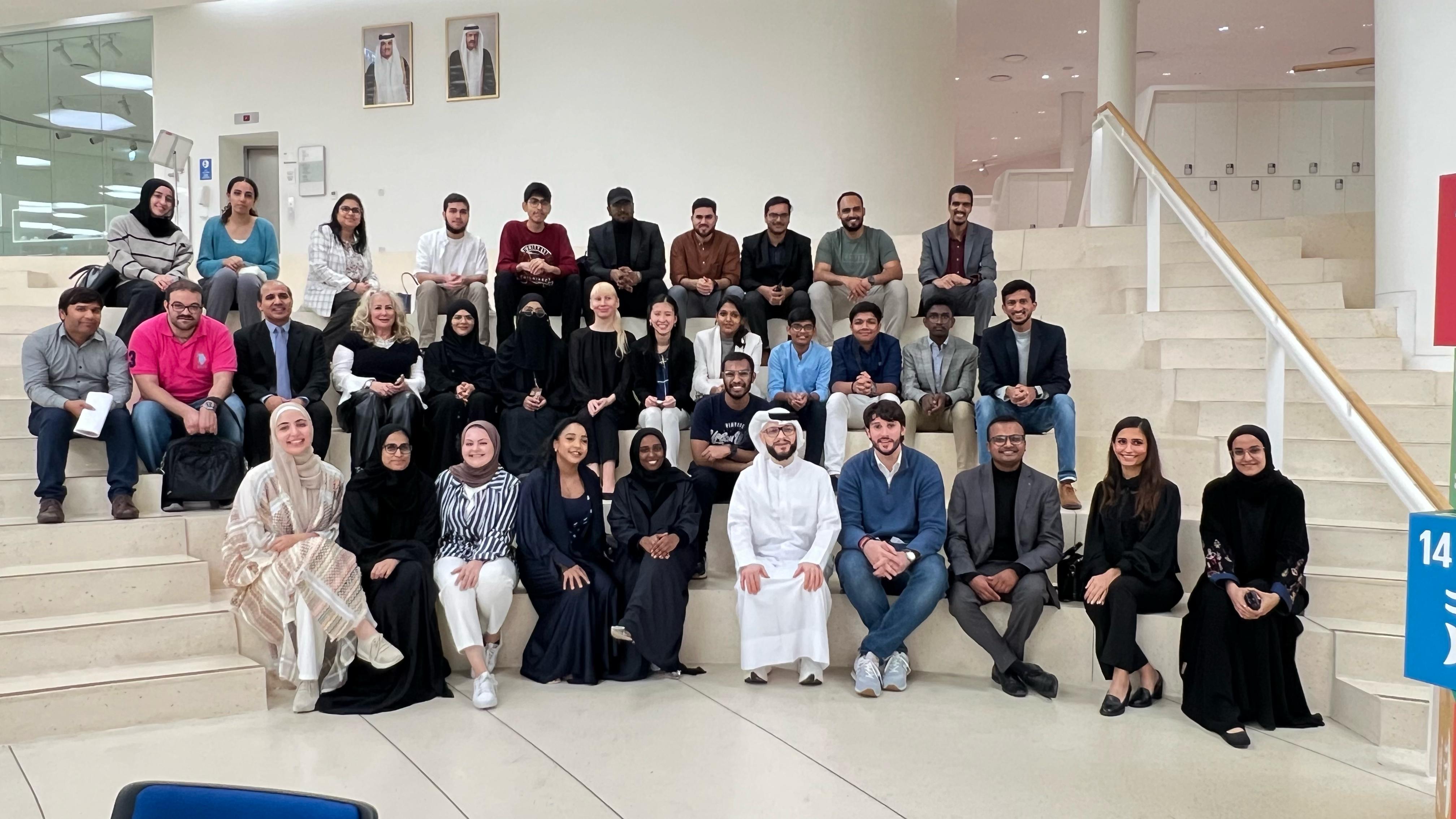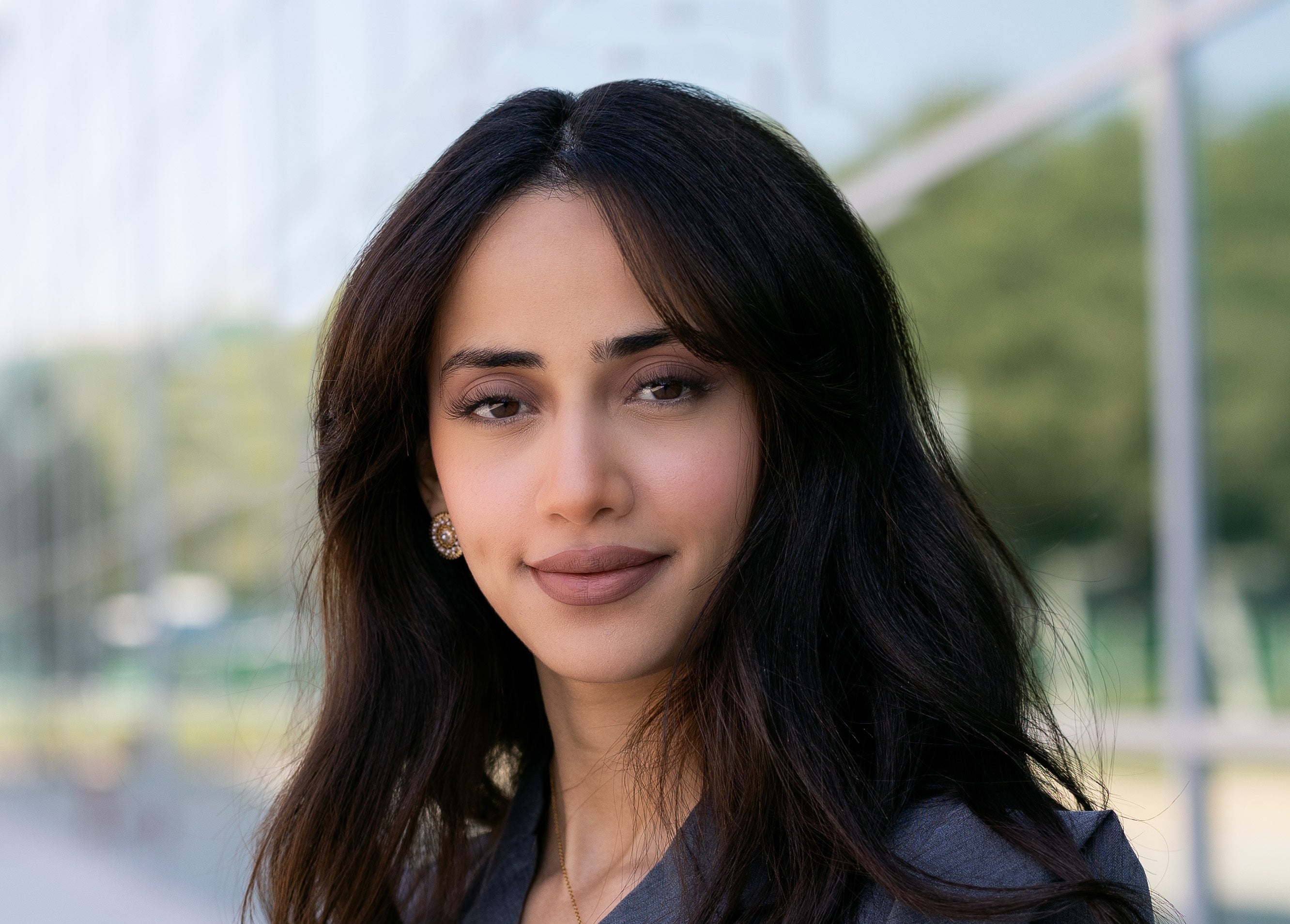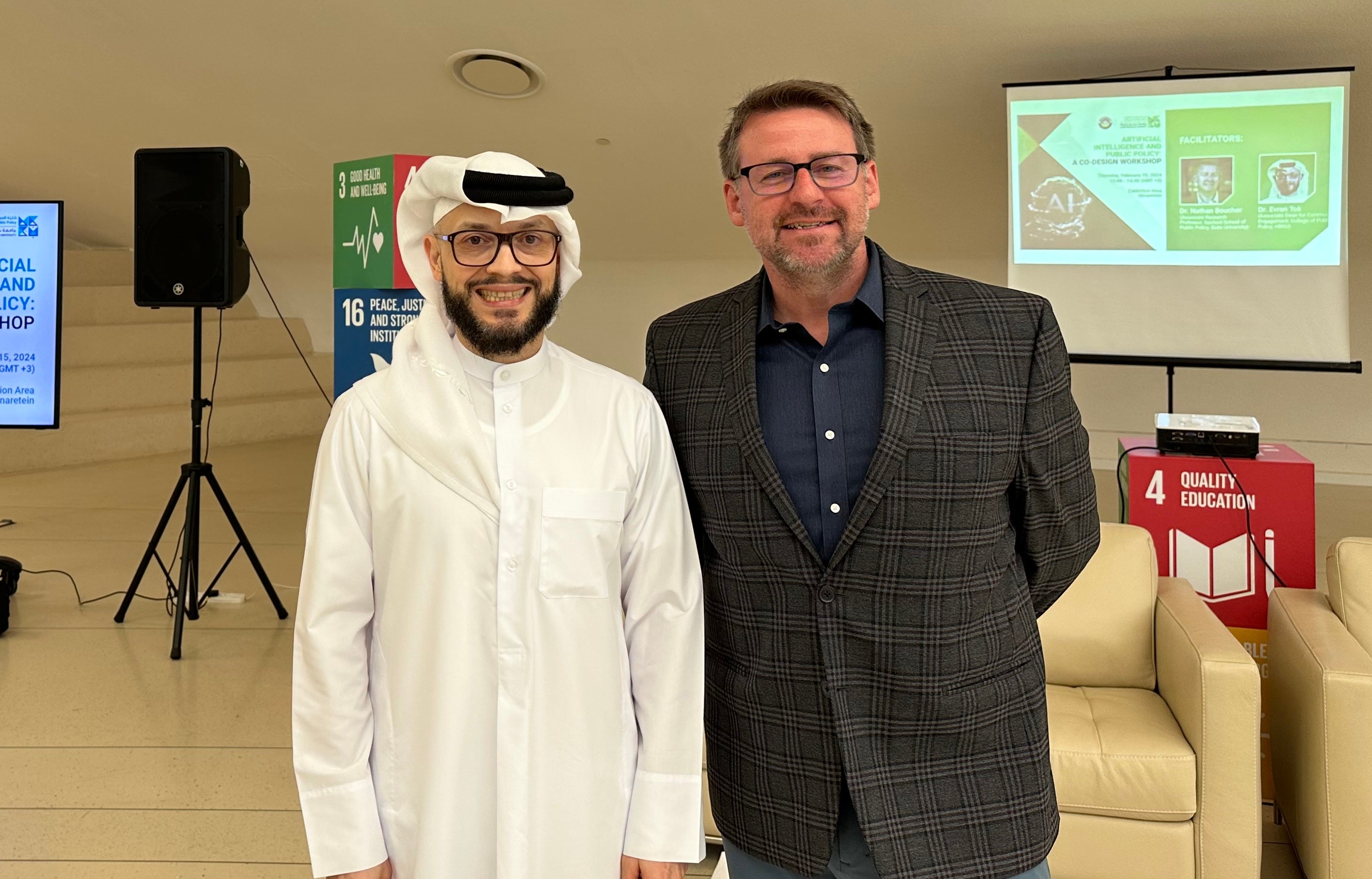
CPP, US Embassy in Doha, and DeapQatar Conservation Co-Host Circular Economy Lecture
Dr. Kate O’Neill, Professor, UC Berkeley, discussed the current state of this sustainable approach to economic development
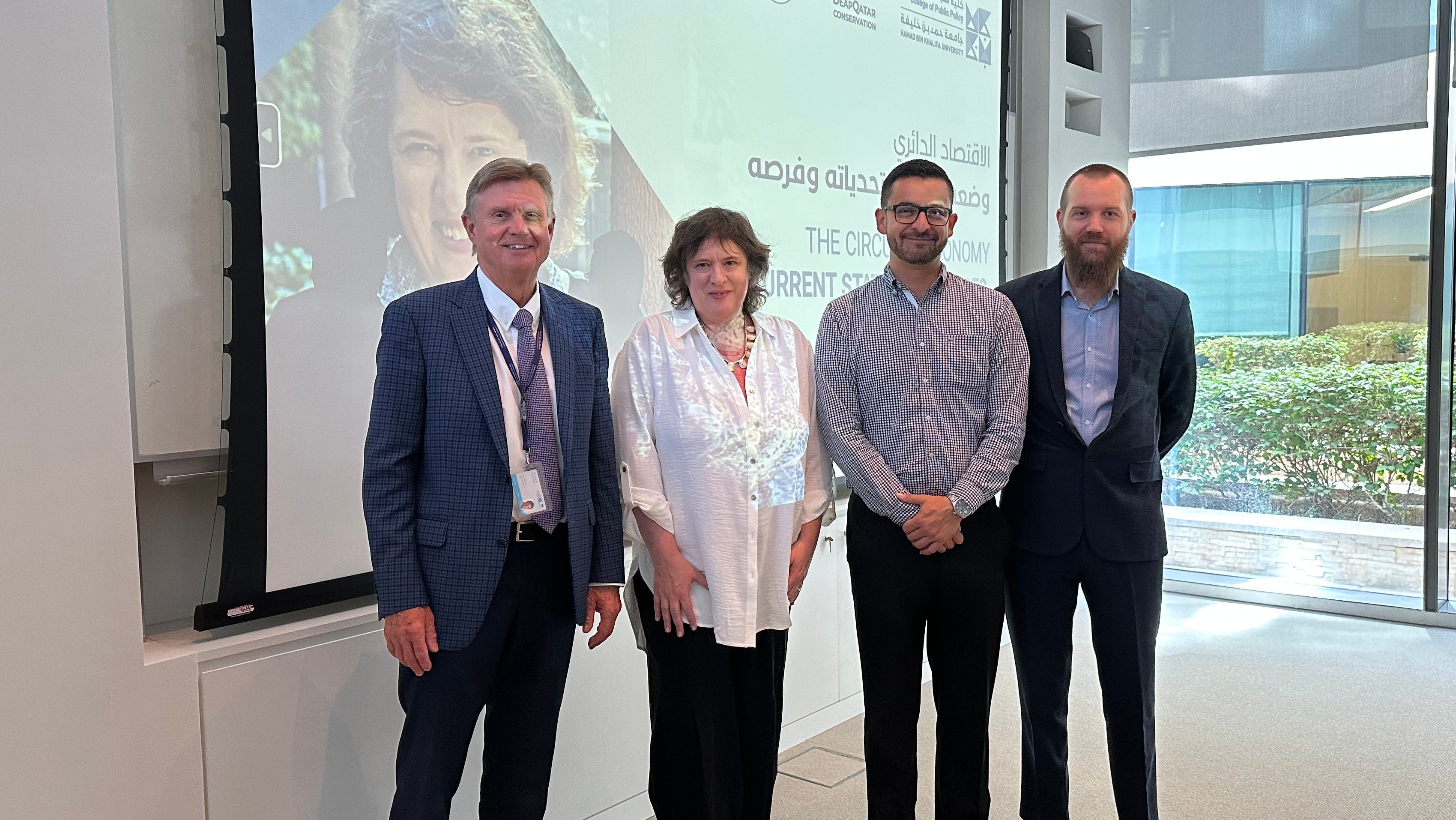
Hamad Bin Khalifa University’s (HBKU) College of Public Policy (CPP) invited Dr. Kate O'Neill, Professor, Department of Environmental Science, Policy and Management, UC Berkeley, to give a lecture on the strengths and opportunities offered by a circular economy.
Delivered in partnership with the US Embassy in Doha and DeapQatar Conservation, Dr. O’Neill’s talk explored key aspects of the circular economy, including sustainable practices and waste reduction strategies, and delved into the current state of this sustainable approach to economic development. She also discussed the transformative potential of circular models and explored the latest advancements and emerging trends in this unique discipline within the field of public policy.
Dr. O’Neill is the author of Waste Trading Among Rich Nations: Building a New Theory of Environmental Regulation (MIT Press, 2000) The Environment and International Relations (Cambridge University Press 2009, 2nd edition 2017), and Waste (Polity Press 2019). She has also published articles in WIRES Climate Change, The Annual Review of Environment and Resources, Journal of Environmental Studies and Sciences, Global Environmental Politics and other venues. She previously served as co-editor-in-chief of the MIT Press journal Global Environmental Politics.
Commenting on the lecture, Dr. Leslie A. Pal, Founding Dean, CPP, said: “Dr. O’Neill’s insights demonstrated how interdisciplinary thinking can enrich innovation in policy making and design, as environmental, economic, and social considerations are equally fundamental to the circular economy. Along with our partners at the US Embassy in Doha and DeapQatar Conservation, CPP advocates for highly dynamic approaches to challenges in governance and policy making that help build sustainable societies.”
CPP aims to become one of the leading public policy schools in the region and the world and a center for teaching and researching responses to policy questions of local and global relevance. The College actively leverages local and transnational synergies and collaborations with distinguished international partners to facilitate expertise and build capacity in Qatar and beyond.
Related News
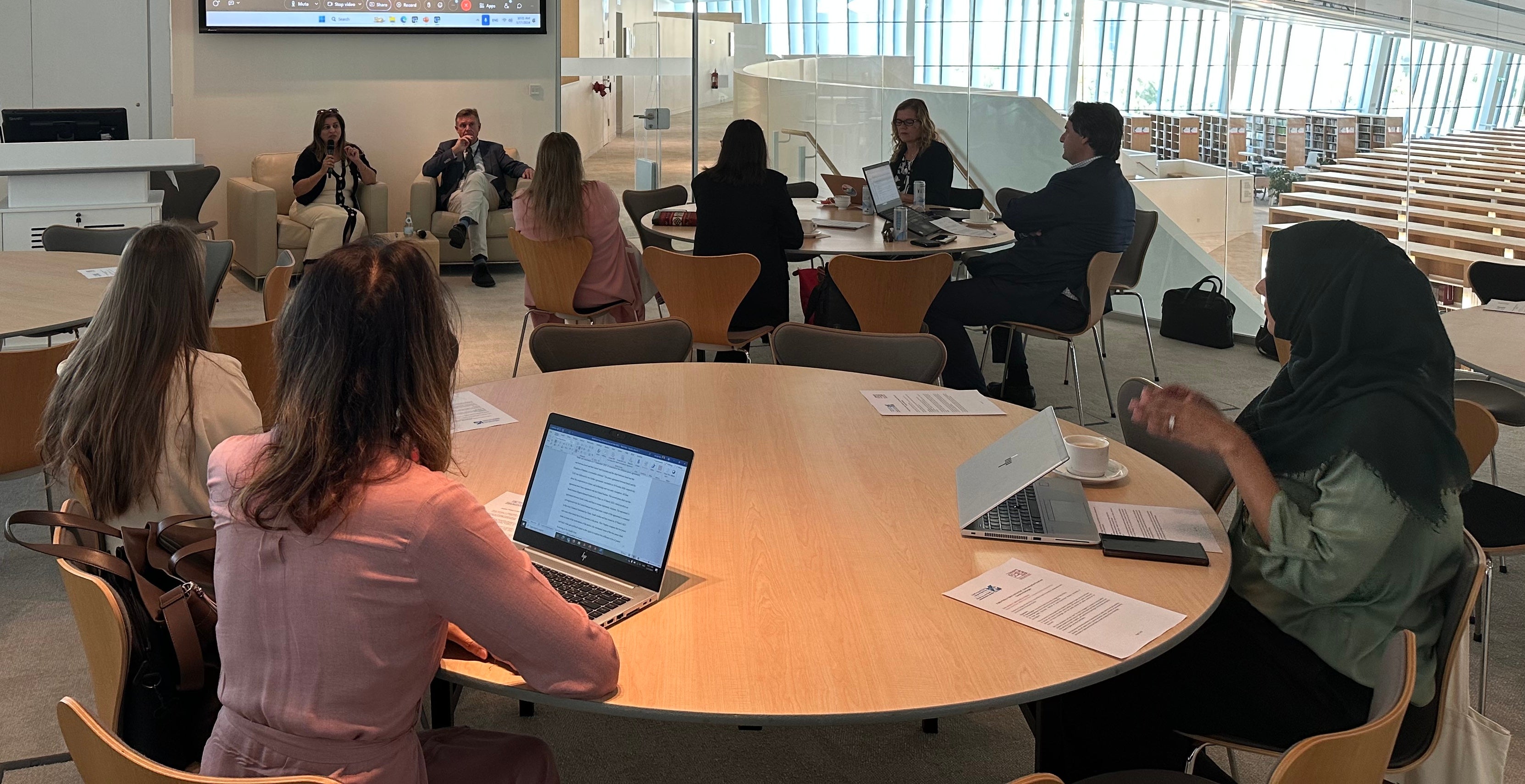
CPP, Doha Institute for Graduate Studies, and University of Birmingham Co-Host Symposium on Public Policy in the Gulf
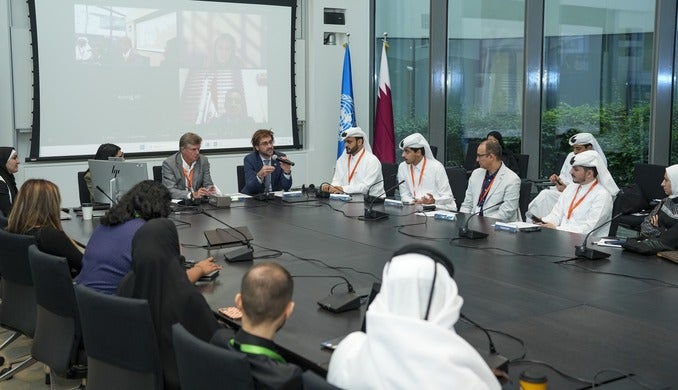
The United Nations Office of Counter-Terrorism and Leading Universities in Qatar Launch the Doha Youth Parliamentary Forum
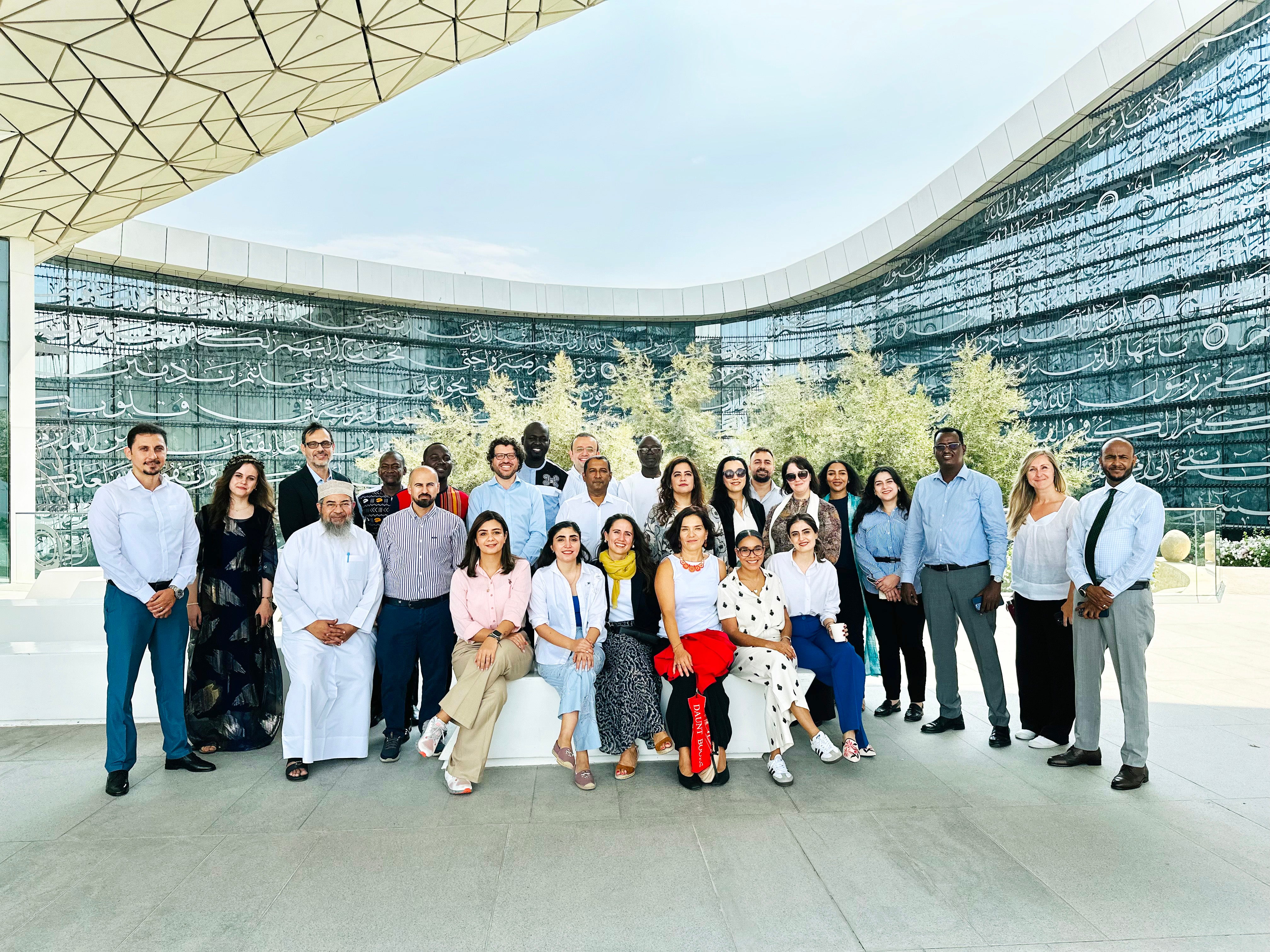
HBKU’s CPP and Geneva Graduate Institute Launch 2024-2025 Executive Programs in Development Policies and Practices
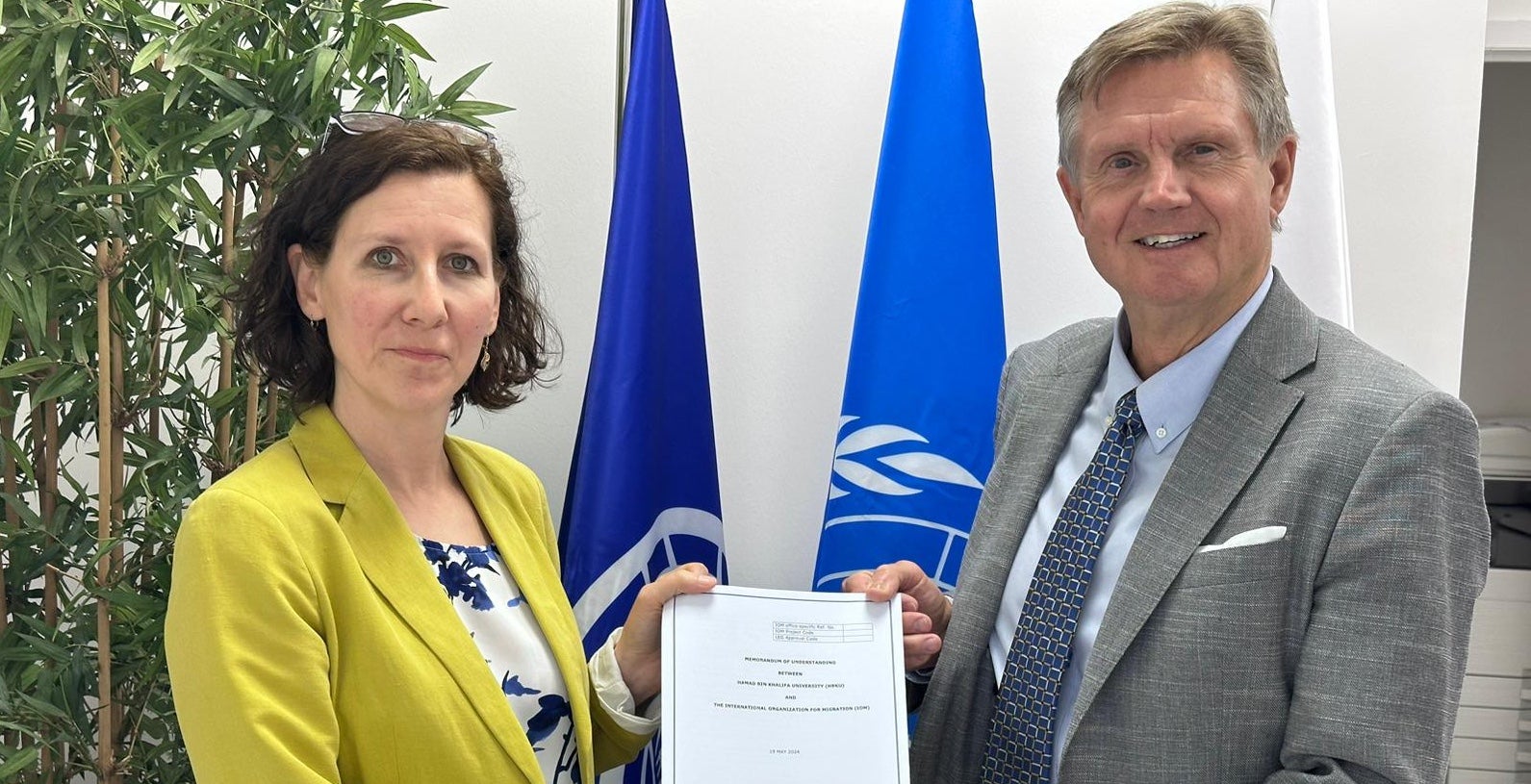
HBKU’s CPP Celebrates #TogetherinQatar Awards Ceremony after Signing MoU with the International Organization for Migration
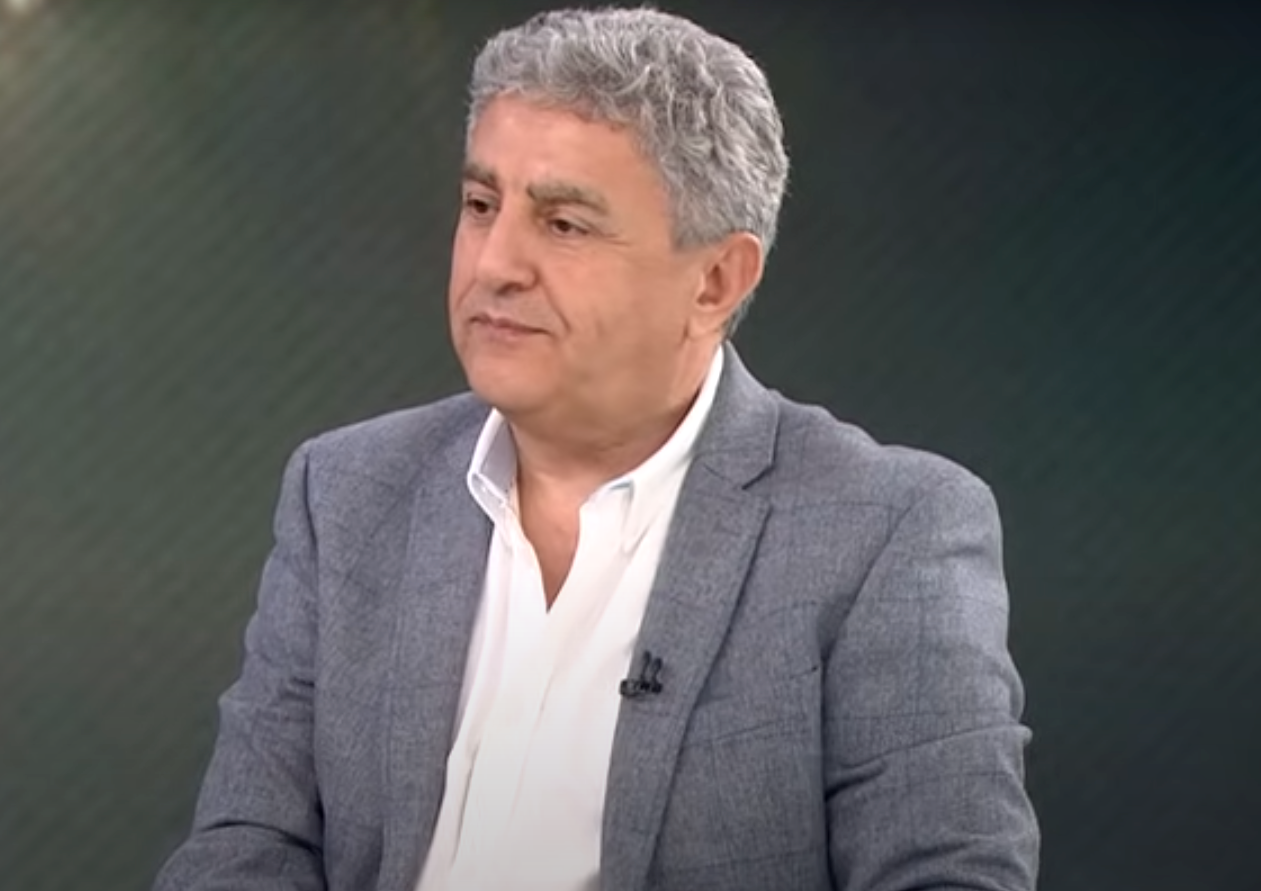
HBKU Professor Advises Global Policymakers on the Challenge of Engagement with the Taliban’s De-Facto Government
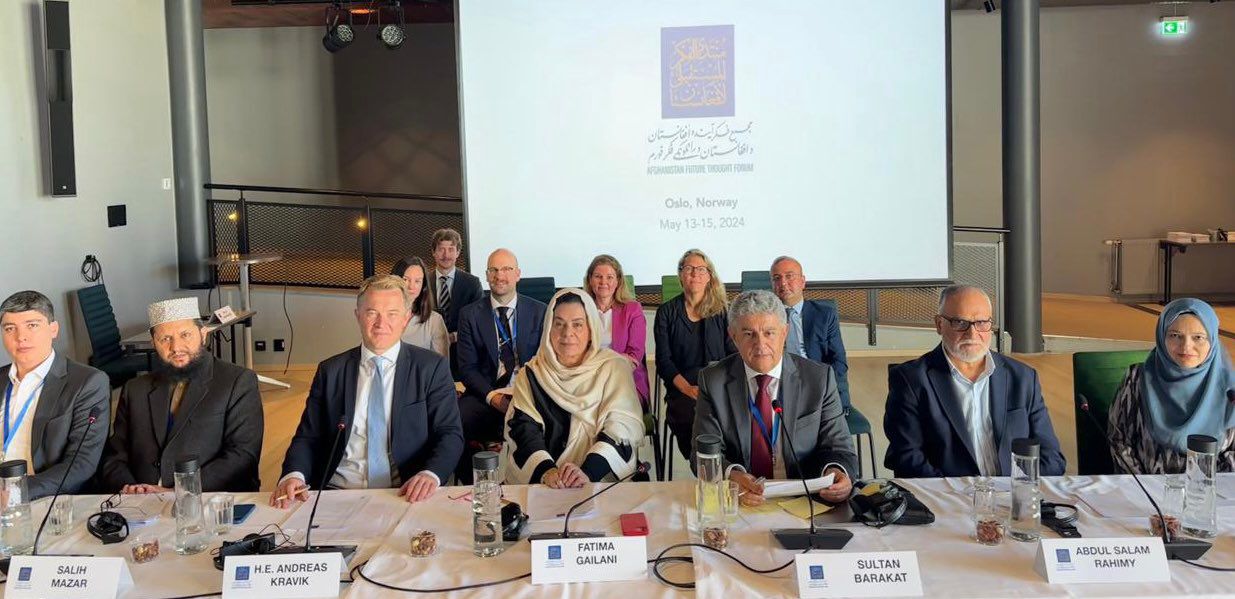
HBKU’s College of Public Policy Convenes the Ninth Session of the Afghanistan Future Thought Forum
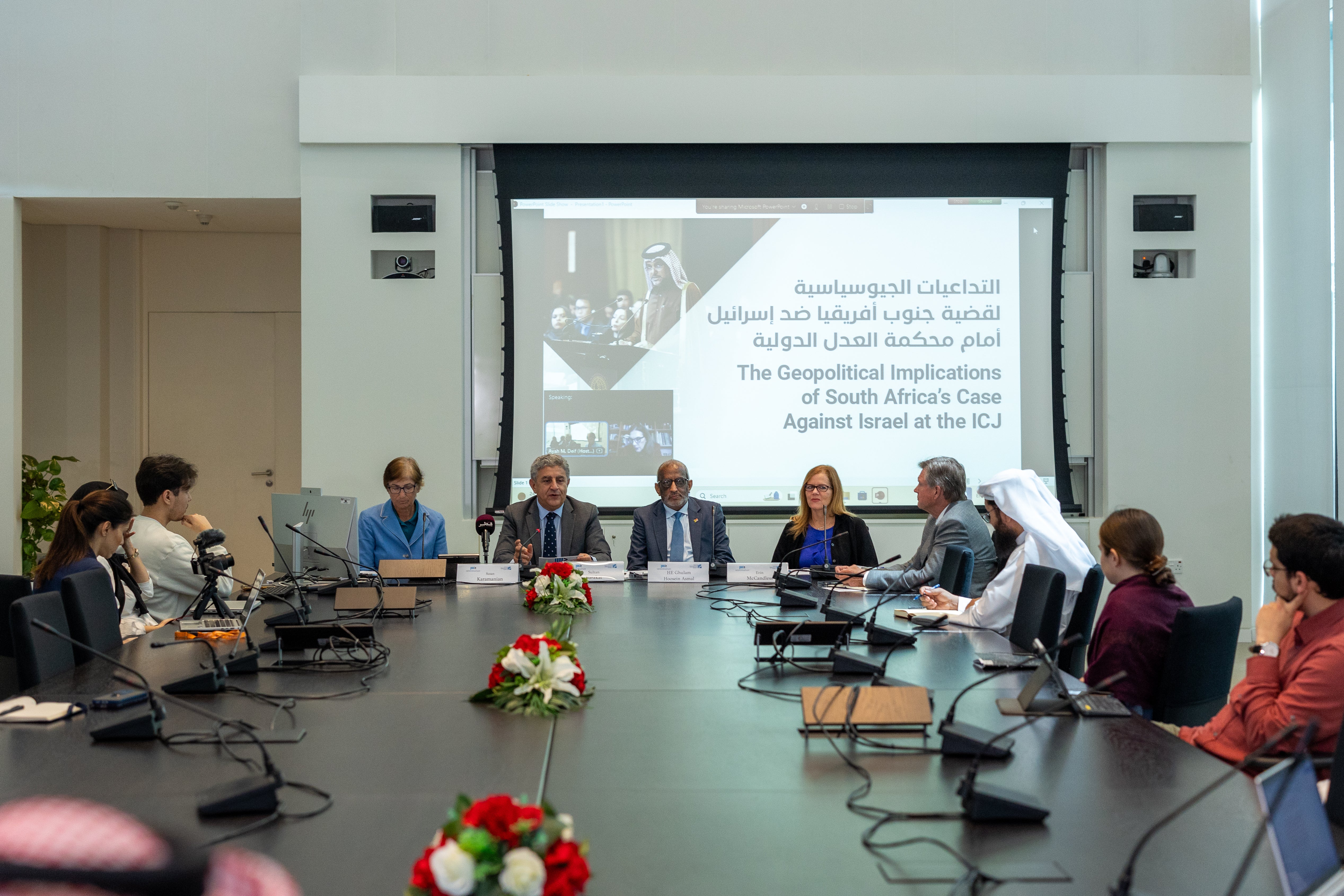
GISR Panel Analyzes Geopolitical Implications of South Africa’s Case against Israel at the ICJ
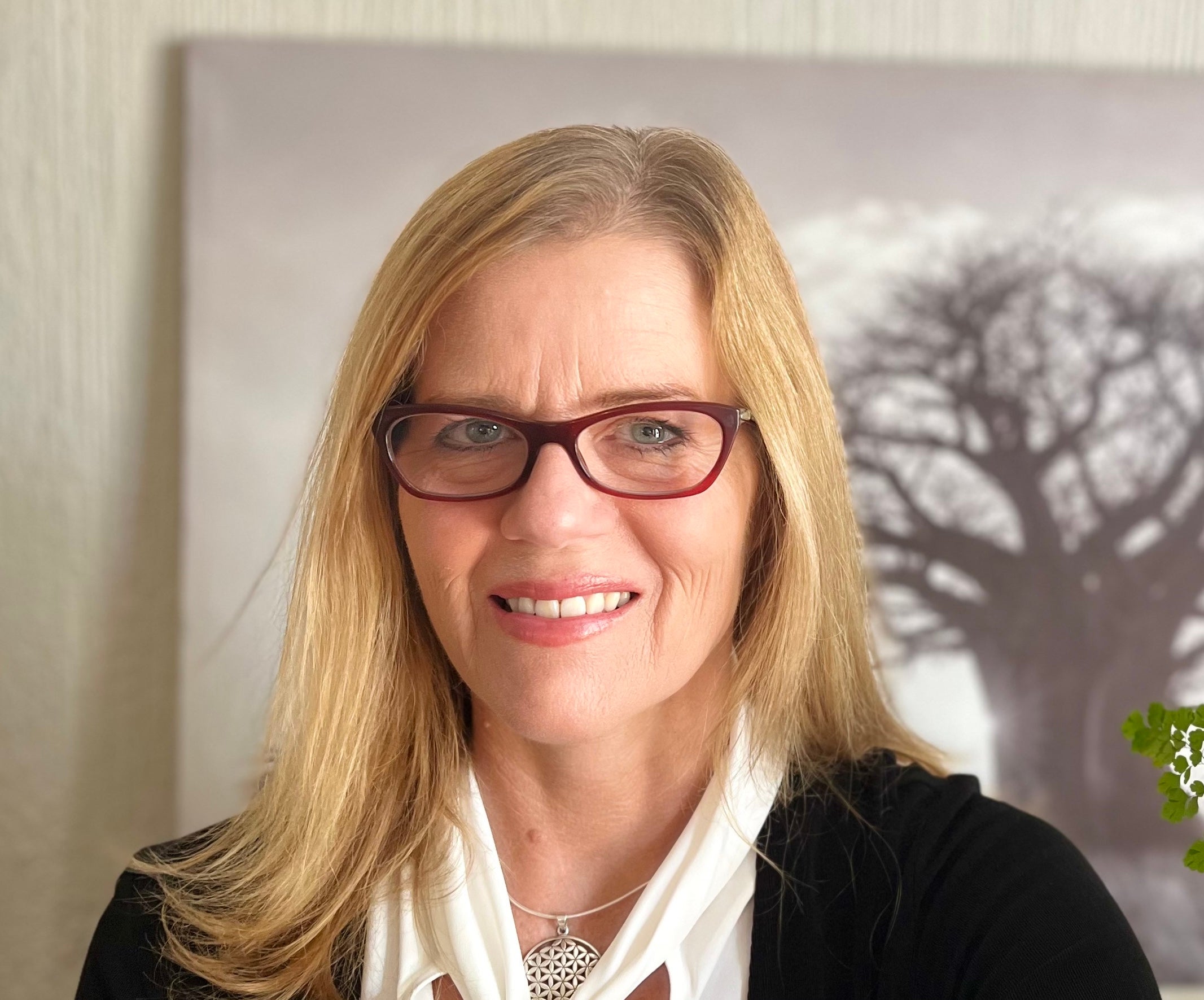
CPP Welcomes Erin McCandless as Distinguished Visiting Professor of Public Value

CPP, Doha Institute for Graduate Studies, and University of Birmingham Co-Host Symposium on Public Policy in the Gulf

The United Nations Office of Counter-Terrorism and Leading Universities in Qatar Launch the Doha Youth Parliamentary Forum

HBKU’s CPP and Geneva Graduate Institute Launch 2024-2025 Executive Programs in Development Policies and Practices

HBKU’s CPP Celebrates #TogetherinQatar Awards Ceremony after Signing MoU with the International Organization for Migration

HBKU Professor Advises Global Policymakers on the Challenge of Engagement with the Taliban’s De-Facto Government

HBKU’s College of Public Policy Convenes the Ninth Session of the Afghanistan Future Thought Forum

GISR Panel Analyzes Geopolitical Implications of South Africa’s Case against Israel at the ICJ

CPP Welcomes Erin McCandless as Distinguished Visiting Professor of Public Value

CPP, Doha Institute for Graduate Studies, and University of Birmingham Co-Host Symposium on Public Policy in the Gulf

The United Nations Office of Counter-Terrorism and Leading Universities in Qatar Launch the Doha Youth Parliamentary Forum

HBKU’s CPP and Geneva Graduate Institute Launch 2024-2025 Executive Programs in Development Policies and Practices

HBKU’s CPP Celebrates #TogetherinQatar Awards Ceremony after Signing MoU with the International Organization for Migration

HBKU Professor Advises Global Policymakers on the Challenge of Engagement with the Taliban’s De-Facto Government

HBKU’s College of Public Policy Convenes the Ninth Session of the Afghanistan Future Thought Forum

GISR Panel Analyzes Geopolitical Implications of South Africa’s Case against Israel at the ICJ

CPP Welcomes Erin McCandless as Distinguished Visiting Professor of Public Value

CPP, Doha Institute for Graduate Studies, and University of Birmingham Co-Host Symposium on Public Policy in the Gulf

The United Nations Office of Counter-Terrorism and Leading Universities in Qatar Launch the Doha Youth Parliamentary Forum

HBKU’s CPP and Geneva Graduate Institute Launch 2024-2025 Executive Programs in Development Policies and Practices

HBKU’s CPP Celebrates #TogetherinQatar Awards Ceremony after Signing MoU with the International Organization for Migration

HBKU Professor Advises Global Policymakers on the Challenge of Engagement with the Taliban’s De-Facto Government

HBKU’s College of Public Policy Convenes the Ninth Session of the Afghanistan Future Thought Forum

GISR Panel Analyzes Geopolitical Implications of South Africa’s Case against Israel at the ICJ

CPP Welcomes Erin McCandless as Distinguished Visiting Professor of Public Value

CPP, Doha Institute for Graduate Studies, and University of Birmingham Co-Host Symposium on Public Policy in the Gulf

The United Nations Office of Counter-Terrorism and Leading Universities in Qatar Launch the Doha Youth Parliamentary Forum

HBKU’s CPP and Geneva Graduate Institute Launch 2024-2025 Executive Programs in Development Policies and Practices

HBKU’s CPP Celebrates #TogetherinQatar Awards Ceremony after Signing MoU with the International Organization for Migration

HBKU Professor Advises Global Policymakers on the Challenge of Engagement with the Taliban’s De-Facto Government

HBKU’s College of Public Policy Convenes the Ninth Session of the Afghanistan Future Thought Forum

GISR Panel Analyzes Geopolitical Implications of South Africa’s Case against Israel at the ICJ

CPP Welcomes Erin McCandless as Distinguished Visiting Professor of Public Value

CPP, Doha Institute for Graduate Studies, and University of Birmingham Co-Host Symposium on Public Policy in the Gulf

The United Nations Office of Counter-Terrorism and Leading Universities in Qatar Launch the Doha Youth Parliamentary Forum

HBKU’s CPP and Geneva Graduate Institute Launch 2024-2025 Executive Programs in Development Policies and Practices

HBKU’s CPP Celebrates #TogetherinQatar Awards Ceremony after Signing MoU with the International Organization for Migration

HBKU Professor Advises Global Policymakers on the Challenge of Engagement with the Taliban’s De-Facto Government

HBKU’s College of Public Policy Convenes the Ninth Session of the Afghanistan Future Thought Forum

GISR Panel Analyzes Geopolitical Implications of South Africa’s Case against Israel at the ICJ

CPP Welcomes Erin McCandless as Distinguished Visiting Professor of Public Value

CPP, Doha Institute for Graduate Studies, and University of Birmingham Co-Host Symposium on Public Policy in the Gulf

The United Nations Office of Counter-Terrorism and Leading Universities in Qatar Launch the Doha Youth Parliamentary Forum

HBKU’s CPP and Geneva Graduate Institute Launch 2024-2025 Executive Programs in Development Policies and Practices

HBKU’s CPP Celebrates #TogetherinQatar Awards Ceremony after Signing MoU with the International Organization for Migration

HBKU Professor Advises Global Policymakers on the Challenge of Engagement with the Taliban’s De-Facto Government

HBKU’s College of Public Policy Convenes the Ninth Session of the Afghanistan Future Thought Forum

GISR Panel Analyzes Geopolitical Implications of South Africa’s Case against Israel at the ICJ

CPP Welcomes Erin McCandless as Distinguished Visiting Professor of Public Value

CPP, Doha Institute for Graduate Studies, and University of Birmingham Co-Host Symposium on Public Policy in the Gulf

The United Nations Office of Counter-Terrorism and Leading Universities in Qatar Launch the Doha Youth Parliamentary Forum

HBKU’s CPP and Geneva Graduate Institute Launch 2024-2025 Executive Programs in Development Policies and Practices

HBKU’s CPP Celebrates #TogetherinQatar Awards Ceremony after Signing MoU with the International Organization for Migration

HBKU Professor Advises Global Policymakers on the Challenge of Engagement with the Taliban’s De-Facto Government

HBKU’s College of Public Policy Convenes the Ninth Session of the Afghanistan Future Thought Forum

GISR Panel Analyzes Geopolitical Implications of South Africa’s Case against Israel at the ICJ

CPP Welcomes Erin McCandless as Distinguished Visiting Professor of Public Value

CPP, Doha Institute for Graduate Studies, and University of Birmingham Co-Host Symposium on Public Policy in the Gulf

The United Nations Office of Counter-Terrorism and Leading Universities in Qatar Launch the Doha Youth Parliamentary Forum

HBKU’s CPP and Geneva Graduate Institute Launch 2024-2025 Executive Programs in Development Policies and Practices

HBKU’s CPP Celebrates #TogetherinQatar Awards Ceremony after Signing MoU with the International Organization for Migration

HBKU Professor Advises Global Policymakers on the Challenge of Engagement with the Taliban’s De-Facto Government

HBKU’s College of Public Policy Convenes the Ninth Session of the Afghanistan Future Thought Forum

GISR Panel Analyzes Geopolitical Implications of South Africa’s Case against Israel at the ICJ

CPP Welcomes Erin McCandless as Distinguished Visiting Professor of Public Value

CPP, Doha Institute for Graduate Studies, and University of Birmingham Co-Host Symposium on Public Policy in the Gulf

The United Nations Office of Counter-Terrorism and Leading Universities in Qatar Launch the Doha Youth Parliamentary Forum

HBKU’s CPP and Geneva Graduate Institute Launch 2024-2025 Executive Programs in Development Policies and Practices

HBKU’s CPP Celebrates #TogetherinQatar Awards Ceremony after Signing MoU with the International Organization for Migration

HBKU Professor Advises Global Policymakers on the Challenge of Engagement with the Taliban’s De-Facto Government

HBKU’s College of Public Policy Convenes the Ninth Session of the Afghanistan Future Thought Forum

GISR Panel Analyzes Geopolitical Implications of South Africa’s Case against Israel at the ICJ

CPP Welcomes Erin McCandless as Distinguished Visiting Professor of Public Value

CPP, Doha Institute for Graduate Studies, and University of Birmingham Co-Host Symposium on Public Policy in the Gulf

The United Nations Office of Counter-Terrorism and Leading Universities in Qatar Launch the Doha Youth Parliamentary Forum

HBKU’s CPP and Geneva Graduate Institute Launch 2024-2025 Executive Programs in Development Policies and Practices

HBKU’s CPP Celebrates #TogetherinQatar Awards Ceremony after Signing MoU with the International Organization for Migration

HBKU Professor Advises Global Policymakers on the Challenge of Engagement with the Taliban’s De-Facto Government

HBKU’s College of Public Policy Convenes the Ninth Session of the Afghanistan Future Thought Forum

GISR Panel Analyzes Geopolitical Implications of South Africa’s Case against Israel at the ICJ

CPP Welcomes Erin McCandless as Distinguished Visiting Professor of Public Value

CPP, Doha Institute for Graduate Studies, and University of Birmingham Co-Host Symposium on Public Policy in the Gulf

The United Nations Office of Counter-Terrorism and Leading Universities in Qatar Launch the Doha Youth Parliamentary Forum

HBKU’s CPP and Geneva Graduate Institute Launch 2024-2025 Executive Programs in Development Policies and Practices

HBKU’s CPP Celebrates #TogetherinQatar Awards Ceremony after Signing MoU with the International Organization for Migration

HBKU Professor Advises Global Policymakers on the Challenge of Engagement with the Taliban’s De-Facto Government

HBKU’s College of Public Policy Convenes the Ninth Session of the Afghanistan Future Thought Forum

GISR Panel Analyzes Geopolitical Implications of South Africa’s Case against Israel at the ICJ

CPP Welcomes Erin McCandless as Distinguished Visiting Professor of Public Value

CPP, Doha Institute for Graduate Studies, and University of Birmingham Co-Host Symposium on Public Policy in the Gulf

The United Nations Office of Counter-Terrorism and Leading Universities in Qatar Launch the Doha Youth Parliamentary Forum

HBKU’s CPP and Geneva Graduate Institute Launch 2024-2025 Executive Programs in Development Policies and Practices

HBKU’s CPP Celebrates #TogetherinQatar Awards Ceremony after Signing MoU with the International Organization for Migration

HBKU Professor Advises Global Policymakers on the Challenge of Engagement with the Taliban’s De-Facto Government

HBKU’s College of Public Policy Convenes the Ninth Session of the Afghanistan Future Thought Forum

GISR Panel Analyzes Geopolitical Implications of South Africa’s Case against Israel at the ICJ

CPP Welcomes Erin McCandless as Distinguished Visiting Professor of Public Value

CPP, Doha Institute for Graduate Studies, and University of Birmingham Co-Host Symposium on Public Policy in the Gulf

The United Nations Office of Counter-Terrorism and Leading Universities in Qatar Launch the Doha Youth Parliamentary Forum

HBKU’s CPP and Geneva Graduate Institute Launch 2024-2025 Executive Programs in Development Policies and Practices

HBKU’s CPP Celebrates #TogetherinQatar Awards Ceremony after Signing MoU with the International Organization for Migration

HBKU Professor Advises Global Policymakers on the Challenge of Engagement with the Taliban’s De-Facto Government

HBKU’s College of Public Policy Convenes the Ninth Session of the Afghanistan Future Thought Forum

GISR Panel Analyzes Geopolitical Implications of South Africa’s Case against Israel at the ICJ

CPP Welcomes Erin McCandless as Distinguished Visiting Professor of Public Value

CPP, Doha Institute for Graduate Studies, and University of Birmingham Co-Host Symposium on Public Policy in the Gulf

The United Nations Office of Counter-Terrorism and Leading Universities in Qatar Launch the Doha Youth Parliamentary Forum

HBKU’s CPP and Geneva Graduate Institute Launch 2024-2025 Executive Programs in Development Policies and Practices

HBKU’s CPP Celebrates #TogetherinQatar Awards Ceremony after Signing MoU with the International Organization for Migration

HBKU Professor Advises Global Policymakers on the Challenge of Engagement with the Taliban’s De-Facto Government

HBKU’s College of Public Policy Convenes the Ninth Session of the Afghanistan Future Thought Forum

GISR Panel Analyzes Geopolitical Implications of South Africa’s Case against Israel at the ICJ

CPP Welcomes Erin McCandless as Distinguished Visiting Professor of Public Value

CPP, Doha Institute for Graduate Studies, and University of Birmingham Co-Host Symposium on Public Policy in the Gulf

The United Nations Office of Counter-Terrorism and Leading Universities in Qatar Launch the Doha Youth Parliamentary Forum

HBKU’s CPP and Geneva Graduate Institute Launch 2024-2025 Executive Programs in Development Policies and Practices

HBKU’s CPP Celebrates #TogetherinQatar Awards Ceremony after Signing MoU with the International Organization for Migration

HBKU Professor Advises Global Policymakers on the Challenge of Engagement with the Taliban’s De-Facto Government

HBKU’s College of Public Policy Convenes the Ninth Session of the Afghanistan Future Thought Forum

GISR Panel Analyzes Geopolitical Implications of South Africa’s Case against Israel at the ICJ

CPP Welcomes Erin McCandless as Distinguished Visiting Professor of Public Value

CPP, Doha Institute for Graduate Studies, and University of Birmingham Co-Host Symposium on Public Policy in the Gulf

The United Nations Office of Counter-Terrorism and Leading Universities in Qatar Launch the Doha Youth Parliamentary Forum

HBKU’s CPP and Geneva Graduate Institute Launch 2024-2025 Executive Programs in Development Policies and Practices

HBKU’s CPP Celebrates #TogetherinQatar Awards Ceremony after Signing MoU with the International Organization for Migration

HBKU Professor Advises Global Policymakers on the Challenge of Engagement with the Taliban’s De-Facto Government

HBKU’s College of Public Policy Convenes the Ninth Session of the Afghanistan Future Thought Forum

GISR Panel Analyzes Geopolitical Implications of South Africa’s Case against Israel at the ICJ

CPP Welcomes Erin McCandless as Distinguished Visiting Professor of Public Value

CPP, Doha Institute for Graduate Studies, and University of Birmingham Co-Host Symposium on Public Policy in the Gulf

The United Nations Office of Counter-Terrorism and Leading Universities in Qatar Launch the Doha Youth Parliamentary Forum

HBKU’s CPP and Geneva Graduate Institute Launch 2024-2025 Executive Programs in Development Policies and Practices

HBKU’s CPP Celebrates #TogetherinQatar Awards Ceremony after Signing MoU with the International Organization for Migration

HBKU Professor Advises Global Policymakers on the Challenge of Engagement with the Taliban’s De-Facto Government

HBKU’s College of Public Policy Convenes the Ninth Session of the Afghanistan Future Thought Forum

GISR Panel Analyzes Geopolitical Implications of South Africa’s Case against Israel at the ICJ

CPP Welcomes Erin McCandless as Distinguished Visiting Professor of Public Value

CPP, Doha Institute for Graduate Studies, and University of Birmingham Co-Host Symposium on Public Policy in the Gulf

The United Nations Office of Counter-Terrorism and Leading Universities in Qatar Launch the Doha Youth Parliamentary Forum

HBKU’s CPP and Geneva Graduate Institute Launch 2024-2025 Executive Programs in Development Policies and Practices

HBKU’s CPP Celebrates #TogetherinQatar Awards Ceremony after Signing MoU with the International Organization for Migration

HBKU Professor Advises Global Policymakers on the Challenge of Engagement with the Taliban’s De-Facto Government

HBKU’s College of Public Policy Convenes the Ninth Session of the Afghanistan Future Thought Forum

GISR Panel Analyzes Geopolitical Implications of South Africa’s Case against Israel at the ICJ

CPP Welcomes Erin McCandless as Distinguished Visiting Professor of Public Value

CPP, Doha Institute for Graduate Studies, and University of Birmingham Co-Host Symposium on Public Policy in the Gulf

The United Nations Office of Counter-Terrorism and Leading Universities in Qatar Launch the Doha Youth Parliamentary Forum

HBKU’s CPP and Geneva Graduate Institute Launch 2024-2025 Executive Programs in Development Policies and Practices

HBKU’s CPP Celebrates #TogetherinQatar Awards Ceremony after Signing MoU with the International Organization for Migration

HBKU Professor Advises Global Policymakers on the Challenge of Engagement with the Taliban’s De-Facto Government

HBKU’s College of Public Policy Convenes the Ninth Session of the Afghanistan Future Thought Forum

GISR Panel Analyzes Geopolitical Implications of South Africa’s Case against Israel at the ICJ

CPP Welcomes Erin McCandless as Distinguished Visiting Professor of Public Value

CPP, Doha Institute for Graduate Studies, and University of Birmingham Co-Host Symposium on Public Policy in the Gulf

The United Nations Office of Counter-Terrorism and Leading Universities in Qatar Launch the Doha Youth Parliamentary Forum

HBKU’s CPP and Geneva Graduate Institute Launch 2024-2025 Executive Programs in Development Policies and Practices

HBKU’s CPP Celebrates #TogetherinQatar Awards Ceremony after Signing MoU with the International Organization for Migration

HBKU Professor Advises Global Policymakers on the Challenge of Engagement with the Taliban’s De-Facto Government

HBKU’s College of Public Policy Convenes the Ninth Session of the Afghanistan Future Thought Forum

GISR Panel Analyzes Geopolitical Implications of South Africa’s Case against Israel at the ICJ

CPP Welcomes Erin McCandless as Distinguished Visiting Professor of Public Value

CPP, Doha Institute for Graduate Studies, and University of Birmingham Co-Host Symposium on Public Policy in the Gulf

The United Nations Office of Counter-Terrorism and Leading Universities in Qatar Launch the Doha Youth Parliamentary Forum

HBKU’s CPP and Geneva Graduate Institute Launch 2024-2025 Executive Programs in Development Policies and Practices

HBKU’s CPP Celebrates #TogetherinQatar Awards Ceremony after Signing MoU with the International Organization for Migration

HBKU Professor Advises Global Policymakers on the Challenge of Engagement with the Taliban’s De-Facto Government

HBKU’s College of Public Policy Convenes the Ninth Session of the Afghanistan Future Thought Forum

GISR Panel Analyzes Geopolitical Implications of South Africa’s Case against Israel at the ICJ

CPP Welcomes Erin McCandless as Distinguished Visiting Professor of Public Value

CPP, Doha Institute for Graduate Studies, and University of Birmingham Co-Host Symposium on Public Policy in the Gulf

The United Nations Office of Counter-Terrorism and Leading Universities in Qatar Launch the Doha Youth Parliamentary Forum

HBKU’s CPP and Geneva Graduate Institute Launch 2024-2025 Executive Programs in Development Policies and Practices

HBKU’s CPP Celebrates #TogetherinQatar Awards Ceremony after Signing MoU with the International Organization for Migration

HBKU Professor Advises Global Policymakers on the Challenge of Engagement with the Taliban’s De-Facto Government

HBKU’s College of Public Policy Convenes the Ninth Session of the Afghanistan Future Thought Forum

GISR Panel Analyzes Geopolitical Implications of South Africa’s Case against Israel at the ICJ

CPP Welcomes Erin McCandless as Distinguished Visiting Professor of Public Value

CPP, Doha Institute for Graduate Studies, and University of Birmingham Co-Host Symposium on Public Policy in the Gulf

The United Nations Office of Counter-Terrorism and Leading Universities in Qatar Launch the Doha Youth Parliamentary Forum

HBKU’s CPP and Geneva Graduate Institute Launch 2024-2025 Executive Programs in Development Policies and Practices

HBKU’s CPP Celebrates #TogetherinQatar Awards Ceremony after Signing MoU with the International Organization for Migration

HBKU Professor Advises Global Policymakers on the Challenge of Engagement with the Taliban’s De-Facto Government

HBKU’s College of Public Policy Convenes the Ninth Session of the Afghanistan Future Thought Forum

GISR Panel Analyzes Geopolitical Implications of South Africa’s Case against Israel at the ICJ

CPP Welcomes Erin McCandless as Distinguished Visiting Professor of Public Value

CPP, Doha Institute for Graduate Studies, and University of Birmingham Co-Host Symposium on Public Policy in the Gulf

The United Nations Office of Counter-Terrorism and Leading Universities in Qatar Launch the Doha Youth Parliamentary Forum

HBKU’s CPP and Geneva Graduate Institute Launch 2024-2025 Executive Programs in Development Policies and Practices

HBKU’s CPP Celebrates #TogetherinQatar Awards Ceremony after Signing MoU with the International Organization for Migration

HBKU Professor Advises Global Policymakers on the Challenge of Engagement with the Taliban’s De-Facto Government

HBKU’s College of Public Policy Convenes the Ninth Session of the Afghanistan Future Thought Forum

GISR Panel Analyzes Geopolitical Implications of South Africa’s Case against Israel at the ICJ

CPP Welcomes Erin McCandless as Distinguished Visiting Professor of Public Value

CPP, Doha Institute for Graduate Studies, and University of Birmingham Co-Host Symposium on Public Policy in the Gulf

The United Nations Office of Counter-Terrorism and Leading Universities in Qatar Launch the Doha Youth Parliamentary Forum

HBKU’s CPP and Geneva Graduate Institute Launch 2024-2025 Executive Programs in Development Policies and Practices

HBKU’s CPP Celebrates #TogetherinQatar Awards Ceremony after Signing MoU with the International Organization for Migration

HBKU Professor Advises Global Policymakers on the Challenge of Engagement with the Taliban’s De-Facto Government

HBKU’s College of Public Policy Convenes the Ninth Session of the Afghanistan Future Thought Forum

GISR Panel Analyzes Geopolitical Implications of South Africa’s Case against Israel at the ICJ

CPP Welcomes Erin McCandless as Distinguished Visiting Professor of Public Value

CPP, Doha Institute for Graduate Studies, and University of Birmingham Co-Host Symposium on Public Policy in the Gulf

The United Nations Office of Counter-Terrorism and Leading Universities in Qatar Launch the Doha Youth Parliamentary Forum

HBKU’s CPP and Geneva Graduate Institute Launch 2024-2025 Executive Programs in Development Policies and Practices

HBKU’s CPP Celebrates #TogetherinQatar Awards Ceremony after Signing MoU with the International Organization for Migration

HBKU Professor Advises Global Policymakers on the Challenge of Engagement with the Taliban’s De-Facto Government

HBKU’s College of Public Policy Convenes the Ninth Session of the Afghanistan Future Thought Forum

GISR Panel Analyzes Geopolitical Implications of South Africa’s Case against Israel at the ICJ

CPP Welcomes Erin McCandless as Distinguished Visiting Professor of Public Value

CPP, Doha Institute for Graduate Studies, and University of Birmingham Co-Host Symposium on Public Policy in the Gulf

The United Nations Office of Counter-Terrorism and Leading Universities in Qatar Launch the Doha Youth Parliamentary Forum

HBKU’s CPP and Geneva Graduate Institute Launch 2024-2025 Executive Programs in Development Policies and Practices

HBKU’s CPP Celebrates #TogetherinQatar Awards Ceremony after Signing MoU with the International Organization for Migration

HBKU Professor Advises Global Policymakers on the Challenge of Engagement with the Taliban’s De-Facto Government

HBKU’s College of Public Policy Convenes the Ninth Session of the Afghanistan Future Thought Forum

GISR Panel Analyzes Geopolitical Implications of South Africa’s Case against Israel at the ICJ

CPP Welcomes Erin McCandless as Distinguished Visiting Professor of Public Value

CPP, Doha Institute for Graduate Studies, and University of Birmingham Co-Host Symposium on Public Policy in the Gulf

The United Nations Office of Counter-Terrorism and Leading Universities in Qatar Launch the Doha Youth Parliamentary Forum

HBKU’s CPP and Geneva Graduate Institute Launch 2024-2025 Executive Programs in Development Policies and Practices

HBKU’s CPP Celebrates #TogetherinQatar Awards Ceremony after Signing MoU with the International Organization for Migration

HBKU Professor Advises Global Policymakers on the Challenge of Engagement with the Taliban’s De-Facto Government

HBKU’s College of Public Policy Convenes the Ninth Session of the Afghanistan Future Thought Forum

GISR Panel Analyzes Geopolitical Implications of South Africa’s Case against Israel at the ICJ

CPP Welcomes Erin McCandless as Distinguished Visiting Professor of Public Value

CPP, Doha Institute for Graduate Studies, and University of Birmingham Co-Host Symposium on Public Policy in the Gulf

The United Nations Office of Counter-Terrorism and Leading Universities in Qatar Launch the Doha Youth Parliamentary Forum

HBKU’s CPP and Geneva Graduate Institute Launch 2024-2025 Executive Programs in Development Policies and Practices

HBKU’s CPP Celebrates #TogetherinQatar Awards Ceremony after Signing MoU with the International Organization for Migration

HBKU Professor Advises Global Policymakers on the Challenge of Engagement with the Taliban’s De-Facto Government

HBKU’s College of Public Policy Convenes the Ninth Session of the Afghanistan Future Thought Forum

GISR Panel Analyzes Geopolitical Implications of South Africa’s Case against Israel at the ICJ

CPP Welcomes Erin McCandless as Distinguished Visiting Professor of Public Value

CPP, Doha Institute for Graduate Studies, and University of Birmingham Co-Host Symposium on Public Policy in the Gulf

The United Nations Office of Counter-Terrorism and Leading Universities in Qatar Launch the Doha Youth Parliamentary Forum

HBKU’s CPP and Geneva Graduate Institute Launch 2024-2025 Executive Programs in Development Policies and Practices

HBKU’s CPP Celebrates #TogetherinQatar Awards Ceremony after Signing MoU with the International Organization for Migration

HBKU Professor Advises Global Policymakers on the Challenge of Engagement with the Taliban’s De-Facto Government

HBKU’s College of Public Policy Convenes the Ninth Session of the Afghanistan Future Thought Forum

GISR Panel Analyzes Geopolitical Implications of South Africa’s Case against Israel at the ICJ

CPP Welcomes Erin McCandless as Distinguished Visiting Professor of Public Value

CPP, Doha Institute for Graduate Studies, and University of Birmingham Co-Host Symposium on Public Policy in the Gulf

The United Nations Office of Counter-Terrorism and Leading Universities in Qatar Launch the Doha Youth Parliamentary Forum

HBKU’s CPP and Geneva Graduate Institute Launch 2024-2025 Executive Programs in Development Policies and Practices

HBKU’s CPP Celebrates #TogetherinQatar Awards Ceremony after Signing MoU with the International Organization for Migration

HBKU Professor Advises Global Policymakers on the Challenge of Engagement with the Taliban’s De-Facto Government

HBKU’s College of Public Policy Convenes the Ninth Session of the Afghanistan Future Thought Forum

GISR Panel Analyzes Geopolitical Implications of South Africa’s Case against Israel at the ICJ

CPP Welcomes Erin McCandless as Distinguished Visiting Professor of Public Value

CPP, Doha Institute for Graduate Studies, and University of Birmingham Co-Host Symposium on Public Policy in the Gulf

The United Nations Office of Counter-Terrorism and Leading Universities in Qatar Launch the Doha Youth Parliamentary Forum

HBKU’s CPP and Geneva Graduate Institute Launch 2024-2025 Executive Programs in Development Policies and Practices

HBKU’s CPP Celebrates #TogetherinQatar Awards Ceremony after Signing MoU with the International Organization for Migration

HBKU Professor Advises Global Policymakers on the Challenge of Engagement with the Taliban’s De-Facto Government

HBKU’s College of Public Policy Convenes the Ninth Session of the Afghanistan Future Thought Forum

GISR Panel Analyzes Geopolitical Implications of South Africa’s Case against Israel at the ICJ

CPP Welcomes Erin McCandless as Distinguished Visiting Professor of Public Value

CPP, Doha Institute for Graduate Studies, and University of Birmingham Co-Host Symposium on Public Policy in the Gulf

The United Nations Office of Counter-Terrorism and Leading Universities in Qatar Launch the Doha Youth Parliamentary Forum

HBKU’s CPP and Geneva Graduate Institute Launch 2024-2025 Executive Programs in Development Policies and Practices

HBKU’s CPP Celebrates #TogetherinQatar Awards Ceremony after Signing MoU with the International Organization for Migration

HBKU Professor Advises Global Policymakers on the Challenge of Engagement with the Taliban’s De-Facto Government

HBKU’s College of Public Policy Convenes the Ninth Session of the Afghanistan Future Thought Forum

GISR Panel Analyzes Geopolitical Implications of South Africa’s Case against Israel at the ICJ

CPP Welcomes Erin McCandless as Distinguished Visiting Professor of Public Value

CPP, Doha Institute for Graduate Studies, and University of Birmingham Co-Host Symposium on Public Policy in the Gulf

The United Nations Office of Counter-Terrorism and Leading Universities in Qatar Launch the Doha Youth Parliamentary Forum

HBKU’s CPP and Geneva Graduate Institute Launch 2024-2025 Executive Programs in Development Policies and Practices

HBKU’s CPP Celebrates #TogetherinQatar Awards Ceremony after Signing MoU with the International Organization for Migration

HBKU Professor Advises Global Policymakers on the Challenge of Engagement with the Taliban’s De-Facto Government

HBKU’s College of Public Policy Convenes the Ninth Session of the Afghanistan Future Thought Forum

GISR Panel Analyzes Geopolitical Implications of South Africa’s Case against Israel at the ICJ

CPP Welcomes Erin McCandless as Distinguished Visiting Professor of Public Value

CPP, Doha Institute for Graduate Studies, and University of Birmingham Co-Host Symposium on Public Policy in the Gulf

The United Nations Office of Counter-Terrorism and Leading Universities in Qatar Launch the Doha Youth Parliamentary Forum

HBKU’s CPP and Geneva Graduate Institute Launch 2024-2025 Executive Programs in Development Policies and Practices

HBKU’s CPP Celebrates #TogetherinQatar Awards Ceremony after Signing MoU with the International Organization for Migration

HBKU Professor Advises Global Policymakers on the Challenge of Engagement with the Taliban’s De-Facto Government

HBKU’s College of Public Policy Convenes the Ninth Session of the Afghanistan Future Thought Forum

GISR Panel Analyzes Geopolitical Implications of South Africa’s Case against Israel at the ICJ

CPP Welcomes Erin McCandless as Distinguished Visiting Professor of Public Value

CPP, Doha Institute for Graduate Studies, and University of Birmingham Co-Host Symposium on Public Policy in the Gulf

The United Nations Office of Counter-Terrorism and Leading Universities in Qatar Launch the Doha Youth Parliamentary Forum

HBKU’s CPP and Geneva Graduate Institute Launch 2024-2025 Executive Programs in Development Policies and Practices

HBKU’s CPP Celebrates #TogetherinQatar Awards Ceremony after Signing MoU with the International Organization for Migration

HBKU Professor Advises Global Policymakers on the Challenge of Engagement with the Taliban’s De-Facto Government

HBKU’s College of Public Policy Convenes the Ninth Session of the Afghanistan Future Thought Forum

GISR Panel Analyzes Geopolitical Implications of South Africa’s Case against Israel at the ICJ

CPP Welcomes Erin McCandless as Distinguished Visiting Professor of Public Value

CPP, Doha Institute for Graduate Studies, and University of Birmingham Co-Host Symposium on Public Policy in the Gulf

The United Nations Office of Counter-Terrorism and Leading Universities in Qatar Launch the Doha Youth Parliamentary Forum

HBKU’s CPP and Geneva Graduate Institute Launch 2024-2025 Executive Programs in Development Policies and Practices

HBKU’s CPP Celebrates #TogetherinQatar Awards Ceremony after Signing MoU with the International Organization for Migration

HBKU Professor Advises Global Policymakers on the Challenge of Engagement with the Taliban’s De-Facto Government

HBKU’s College of Public Policy Convenes the Ninth Session of the Afghanistan Future Thought Forum

GISR Panel Analyzes Geopolitical Implications of South Africa’s Case against Israel at the ICJ

CPP Welcomes Erin McCandless as Distinguished Visiting Professor of Public Value

CPP, Doha Institute for Graduate Studies, and University of Birmingham Co-Host Symposium on Public Policy in the Gulf

The United Nations Office of Counter-Terrorism and Leading Universities in Qatar Launch the Doha Youth Parliamentary Forum

HBKU’s CPP and Geneva Graduate Institute Launch 2024-2025 Executive Programs in Development Policies and Practices

HBKU’s CPP Celebrates #TogetherinQatar Awards Ceremony after Signing MoU with the International Organization for Migration

HBKU Professor Advises Global Policymakers on the Challenge of Engagement with the Taliban’s De-Facto Government

HBKU’s College of Public Policy Convenes the Ninth Session of the Afghanistan Future Thought Forum

GISR Panel Analyzes Geopolitical Implications of South Africa’s Case against Israel at the ICJ

CPP Welcomes Erin McCandless as Distinguished Visiting Professor of Public Value

CPP, Doha Institute for Graduate Studies, and University of Birmingham Co-Host Symposium on Public Policy in the Gulf

The United Nations Office of Counter-Terrorism and Leading Universities in Qatar Launch the Doha Youth Parliamentary Forum

HBKU’s CPP and Geneva Graduate Institute Launch 2024-2025 Executive Programs in Development Policies and Practices

HBKU’s CPP Celebrates #TogetherinQatar Awards Ceremony after Signing MoU with the International Organization for Migration

HBKU Professor Advises Global Policymakers on the Challenge of Engagement with the Taliban’s De-Facto Government

HBKU’s College of Public Policy Convenes the Ninth Session of the Afghanistan Future Thought Forum

GISR Panel Analyzes Geopolitical Implications of South Africa’s Case against Israel at the ICJ

CPP Welcomes Erin McCandless as Distinguished Visiting Professor of Public Value






